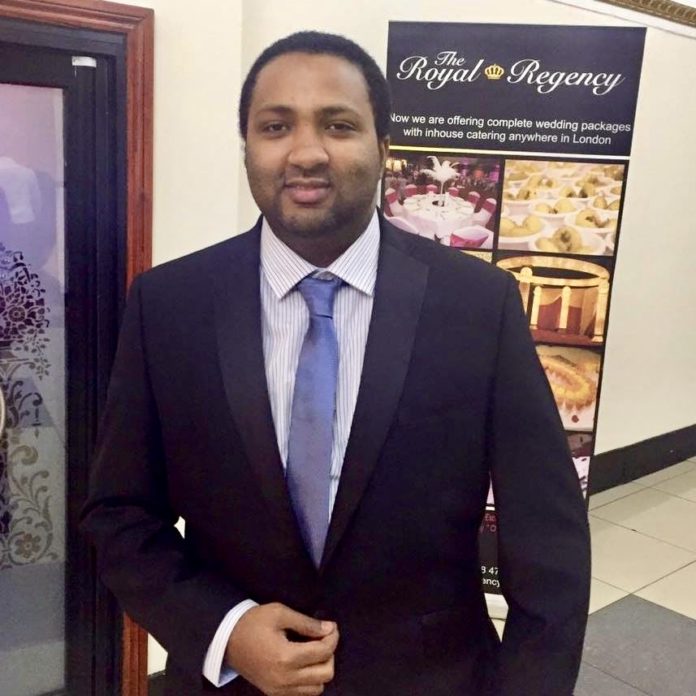The National Democratic Institute (NDI) recently conducted an independent public opinion research in The Gambia to explore attitudes pertaining to the constitutional reforms and the overall political and social landscape of the country. An initiative I deem laudable and must be encouraged as many public opinions regarding our political and societal dynamics and their implications to status qua are usually based on mere speculations, and studies like these would enable us better understand the determining factors that are at play in our democracy. The research involves a nationwide survey conducted on 1,033 participants in a face-to-face interview. The findings give me mixed feeling about our people’s level of consciousness (if I may borrow from Hon. Sallah) of critical issues that affects their lives.
The results showed a high optimism for the country, credit of which is given to president Barrow with a whooping 75% approval rating. Little of the reasoning behind this is ascribed to his accomplishments beyond the change he facilitated and the individual freedoms the people now enjoy. In my view it will be disingenuous for the president to accept this credit as all credit is to the Gambian people who made the change. It is also appropriate to caution our people the potential dangers to this because making something as precious as freedom attributable to someone else means automatically giving them the option of taking it back. The people fought to gain their freedom and must defend it at all cost.
My first impression about this research was that the methodology used was not the most appropriate. That an anonymous interview would be more effective than one-to-one interview in getting the most honest opinion from the participants. Our people over the years have been molded to not be able to speak truth to authorities and in this case may resort to saying what they think the interviewer would want them to say. Clearly there is evidences that suggests this, but also evidences of brutal honesty particularly from the jola tribe (not saying other tribes weren’t honest). The result showed 47% plurality stating that the cost of living is one of their top two concerns, followed by basic services (34%), health care (27%), and unemployment and tribalism – both at 20%. This is not consistent with the realities, as we know it, on the ground. The most striking is how only 20% are concerned about the issue of unemployment when Gambia is plagued with ~80% unemployment rate. True the financial assistance most receive from diaspora could influence this reasoning. The healthcare system’s too, the state of which shocked the country last week for its lack of blood bags, about 73% said its not a concern to them.
On the other hand, a lot of rest of the opinions are in conformity with honesty and make absolute sense to realities as we see it. These includes, but not limited to, the politics of tribal allegiance. Mandinkamembers have the highest favourable ratings toward Barrow and Darboe, Fula toward Kandeh, and Jolatoward Jammeh. 81% mandinka supports UDP, 64% jolas supports APRC, 40% fulas plus 28% wollofssupports GDC, with majority wolofs relatively promiscuous. Overall, political party favorable ratings show UDP having the highest favorable rating (53% favorable) followed by the Gambia Democratic Congress (GDC) (36% favorable) and the APRC (26% favorable). Also, in agreement with these, 57% thinks there is tribalism in the country and is worsening, a sentiment majority of jolasshared. Majority of participants (68%) believes the country is going in the right direction and 22%, mostly Jolas says otherwise. Another interesting revelation is majority of Jolas supports other models of government while all other tribes supports a democratic model. Our government should to more in the spirit of nation reconciliation and inclusivity to reassure this segment of population in whom am sensing some sort of insecurity.
I am however very impressed about the level of sophistication of the judgment of participants on some key sensitive issues relating to Jammeh and the new constitution. Majority believes Barrow’s biggest challenge will be addressing Jammeh’s atrocities and strongly supports getting jammeh tried in international courts than his extradition amid fear could inflame the already existing tribal tension in the country. While majority claimed they’ve heard very little about the new constitution, majority (85%) supports introduction of a two presidential term limits. The study also revealed majority (76%) gets news from local radio stations, followed by (49%) Television, then (28%) social media. Thus, the constitutional review committee should reach out more in their sensitisation programs using these mediums effectively.
The researchers made the following recommendations – Tailoring the new constitution to top concerns expressed by the people in the reform process that will stabilize political and social landscape and facilitate economic growth; branding the new constitution such as “the people’s constitution” or “the freedom constitution”; President should communicate more and effectively; addressing Jammeh atrocities employing a neutral approach and devoid from the constitutional reforms; etc etc.




